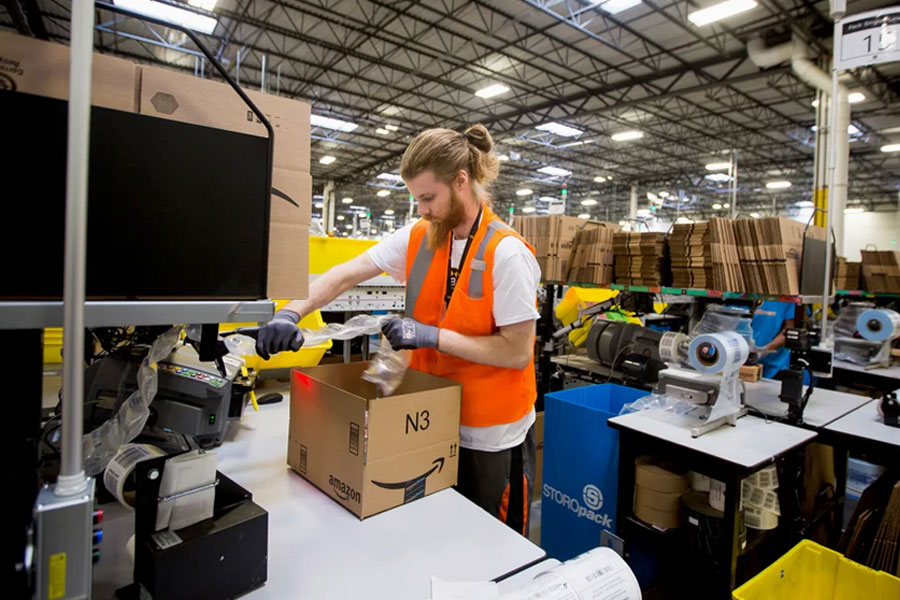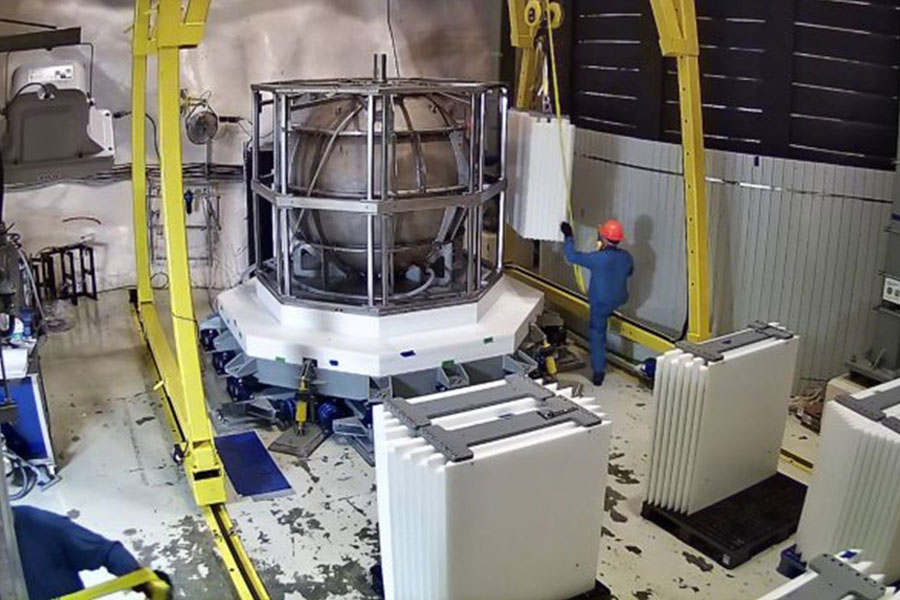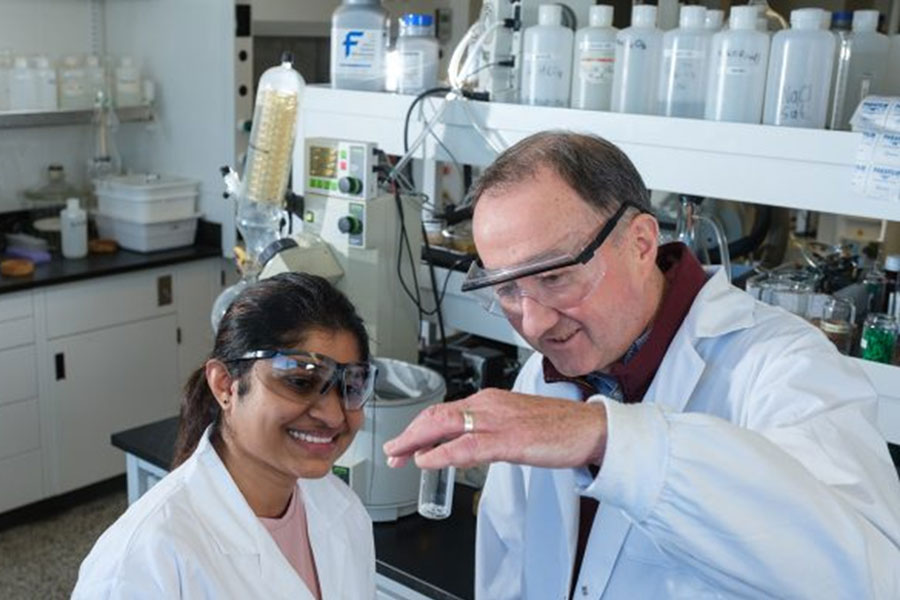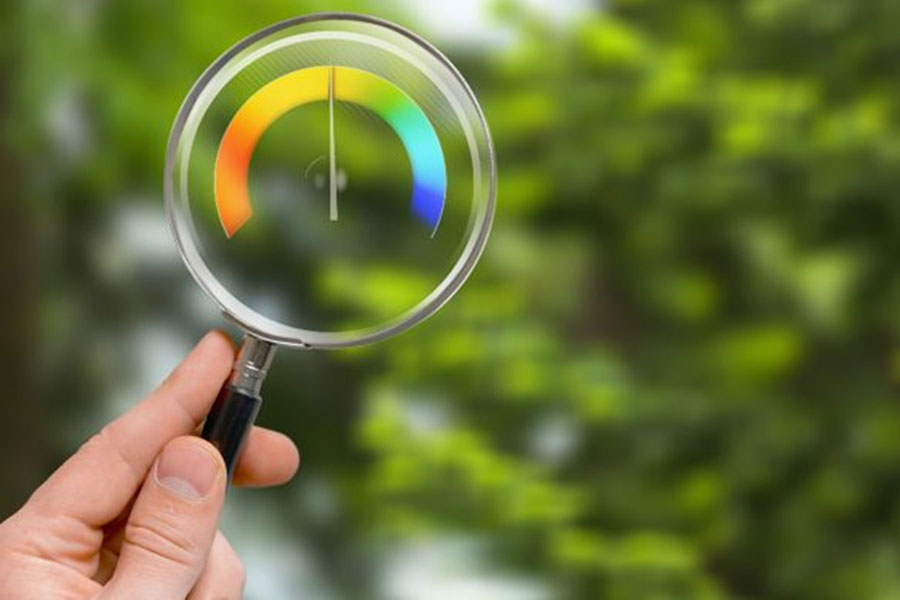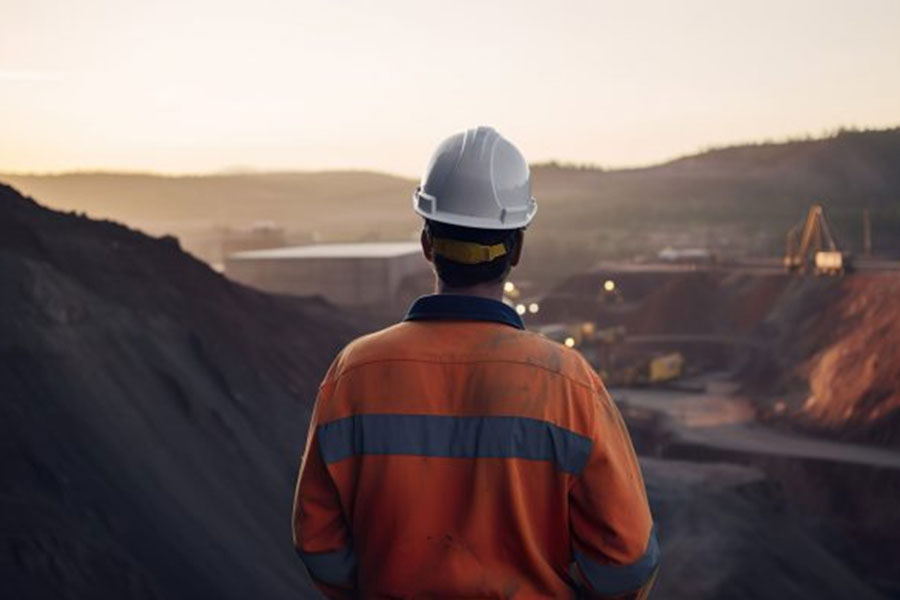
The Innovation Platform explores North American Battery Metals, discussing sector challenges and the key role of collaboration in building strong supply chains.
The demand for electric vehicles (EVs) and renewable energy is booming, but so is the need for metals used in batteries. This surge has put the United States and Canada on a quest to secure a steady supply of these crucial materials sustainably. It’s not just about having enough—how these metals are mined, processed, and recycled also matters for the environment and the economy.
North America faces challenges in finding enough lithium, cobalt, nickel, and graphite, which are essential for making batteries. While the region has some of these metals, it doesn’t have enough mines and factories to keep up with the growing demand.
To tackle this, both the US and Canada are exploring new places to mine these metals. Canada, rich in natural resources, is leading the way in finding new sources of lithium and cobalt. But mining and processing metals come with strict rules to protect the environment, which can slow things down and cost more money.
To speed things up, both countries are changing rules to make it easier to start new mining projects. They’re also teaming up with other countries like Australia and those in South America to get metals from different places, instead of relying too much on one country like China.
The US and Canada are working together to build a better system for getting these metals. They’ve joined forces to share ideas and make rules that both countries can follow. This partnership makes it easier for businesses to invest in new mines and factories that will benefit both nations.
Inventing new ways to refine and process metals is crucial too. This means finding ways to make these metals cleaner and faster. Both the government and companies are spending a lot of money on research to improve how batteries are made and used.
Recycling is another big idea. Instead of throwing away old batteries, recycling them can save metals and stop pollution. The US and Canada are starting programs to recycle more batteries. Businesses are also getting in on the action by inventing better ways to recycle batteries and make sure old metals get used again.
The most important metals for batteries are lithium, cobalt, nickel, and graphite. These metals are what make batteries strong enough for cars and storing energy.
The governments of the US and Canada are giving money to help companies find and mine these metals. This includes big projects that will help make sure there’s enough of these metals for everyone.
Getting enough battery metals isn’t easy, but the US and Canada are working hard to make sure they have what they need. They’re finding new places to mine, making rules easier, and working with other countries. They’re also inventing new ways to make batteries and recycling old ones. As North America gets better at all of this, it’ll help make the world greener and our future brighter.
